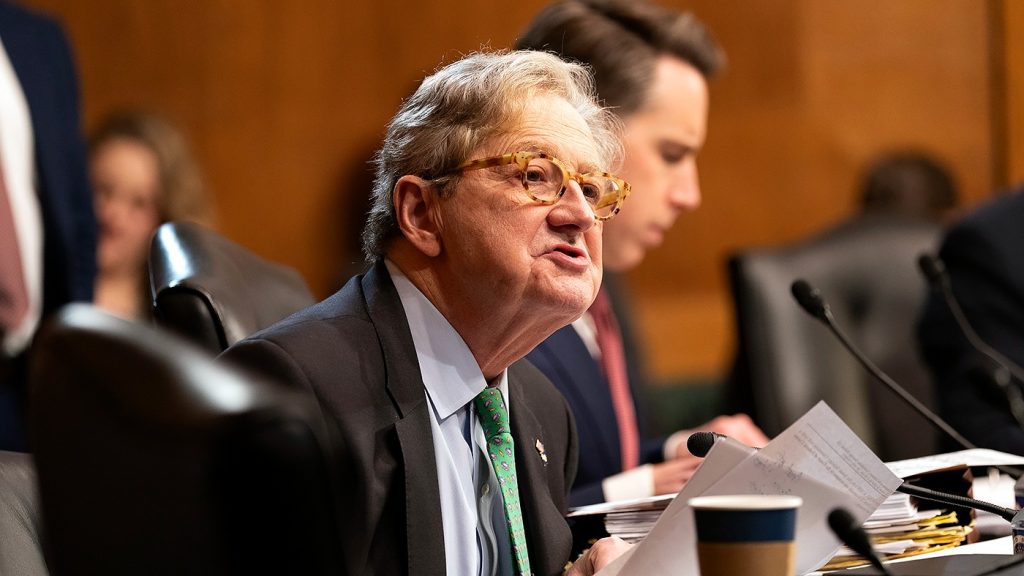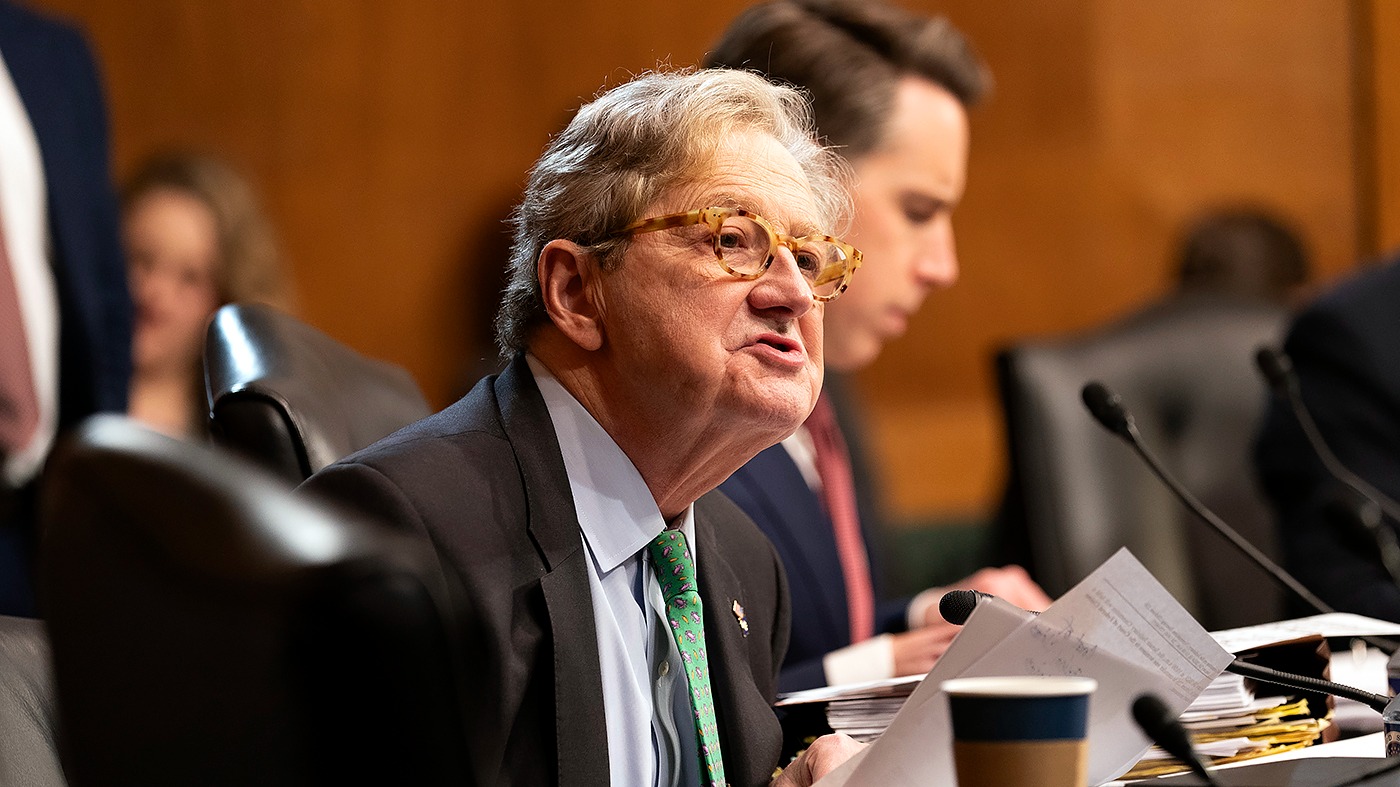Advertisements
Lawmaker Criticizes Administration’s Decision on LG Permits

In a recent committee session, a prominent lawmaker voiced strong criticism against the administration’s decision to impose a moratorium on LG permits. The lawmaker, who expressed disappointment, questioned the effectiveness of such a move in addressing climate change while highlighting potential adverse impacts on America’s energy independence and its allies in Europe. Moreover, concerns were raised about the perceived political nature of the decision, with implications for global dynamics.
Calls for Consideration of Advanced Energy Solutions
The lawmaker further urged the administration to reconsider its stance on advancing petroleum production and emphasized the importance of nuclear energy funding. Expressing skepticism about achieving carbon neutrality without embracing technologies such as small modular nuclear reactors, the lawmaker underscored the need for a balanced discussion on the benefits and costs associated with different energy sources. Reference was made to successful models like France’s reliance on nuclear energy, suggesting a potential blueprint for sustainable energy transitions.
Advertisements
Advocating for Comprehensive Communication on Energy Transition
In a broader reflection on energy transition debates, the lawmaker called for enhanced communication efforts to educate the public about the rationale behind policy decisions, associated costs, benefits, and trade-offs. Referencing climate economist Dr. Bjorn Lomborg’s analysis, the lawmaker highlighted the substantial financial implications of carbon neutrality goals and proposed a cost-benefit approach to address climate challenges effectively. Questions were raised about the role of major global players like China and Russia in achieving carbon neutrality and the potential consequences of non-cooperation.
Conclusion: Urgent Need for Transparent Energy Strategies
In concluding remarks, the lawmaker stressed the necessity of transparent and comprehensive strategies to facilitate public understanding and engagement in energy transition initiatives. Pointing to recent developments in countries like Germany, where resistance to abrupt policy changes has emerged, the lawmaker emphasized the importance of outlining clear plans to garner public support. Overall, the lawmaker’s remarks underscored the imperative for informed and inclusive approaches to address the complex challenges of energy transition.


